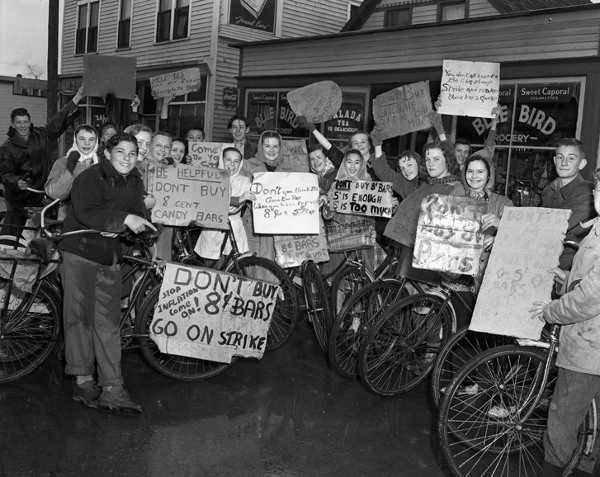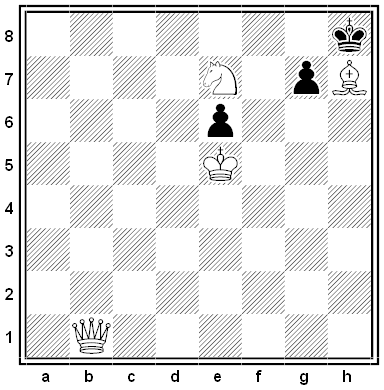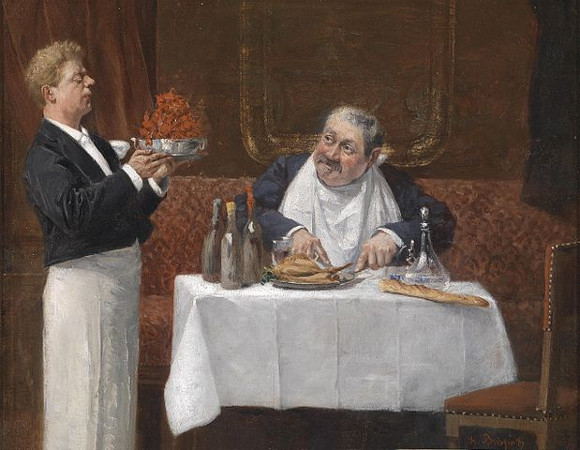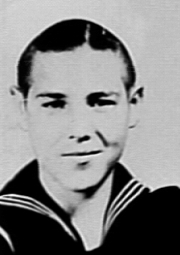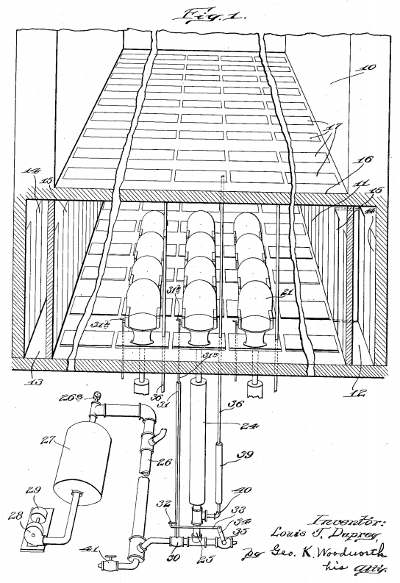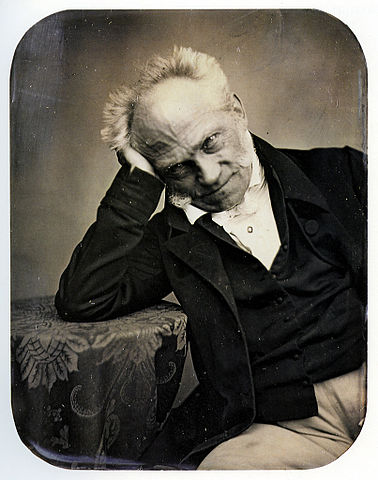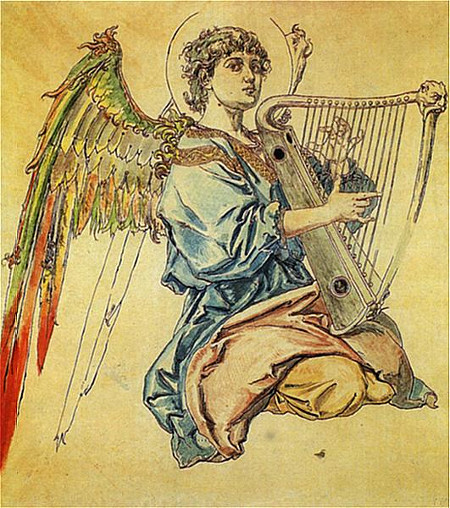An attractive woman approaches Sylvester in a bar. She has a proposition: For a single payment of £50, he can have a passionate weeklong holiday with her in Nice. Everything else is covered: travel tickets, a first-class hotel, and her attentions. There’s one further condition. She’ll shortly say something important, which we’ll call the “key.” If the key is true, then she keeps the £50 and Sylvester gets the holiday at no further cost, as explained. If the key is false, then Sylvester must accept the £50 back, but he still gets the week’s holiday with her for free.
“How can he lose?” asks Peter Cave in How to Think Like a Bat (2011). “Either way, with regard to whether the key is true or not, he is bound to have the splendid trip and the passion. At worst, it costs him a mere £50.” He gives her the £50, and she gives him the key:
Either I shall return the £50 or you will pay me £1 million.
For an either/or statement to be false, both elements must be false. So for the key above to be false, the woman must not return the £50. But under the agreement she must. So this yields a contradiction, whether or not Sylvester pays her £1 million; the key cannot be false. On the other hand, if the key is true, then the agreement requires that she keep the £50 … which means that he must pay her £1 million.
“Once we have contradictions involved in conditions,” writes Cave, “we may find ourselves trapped into all manner of things.”
